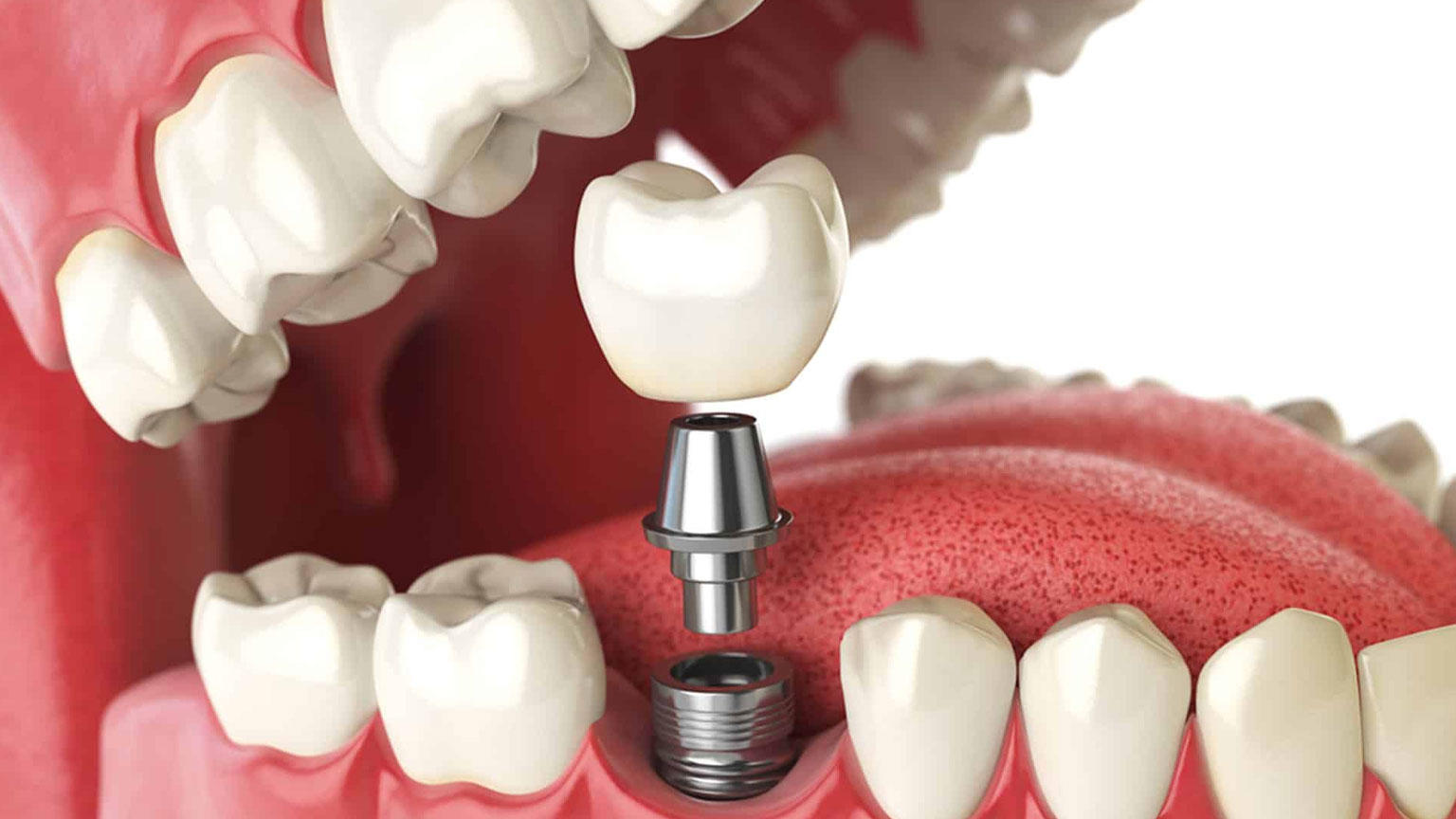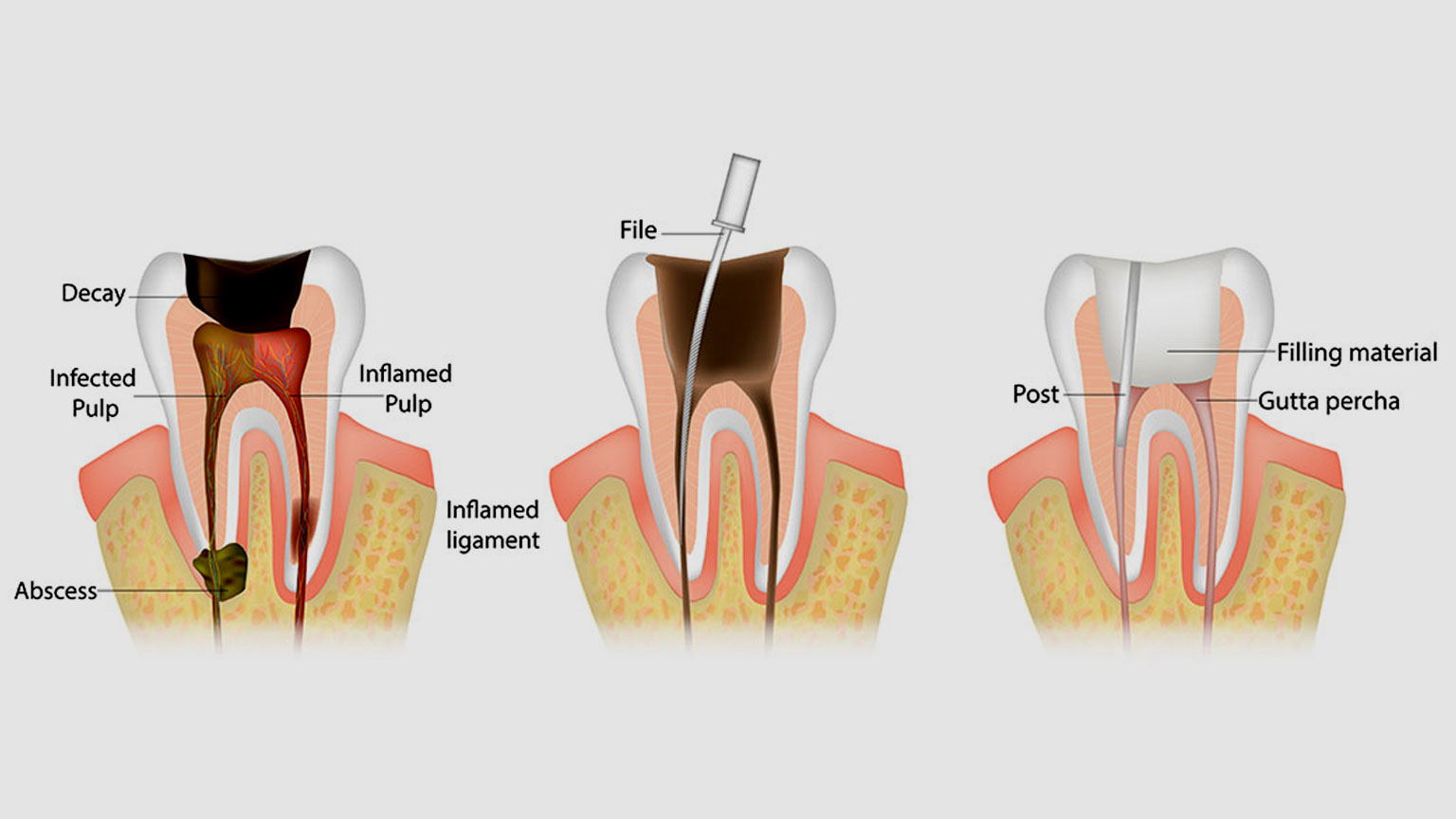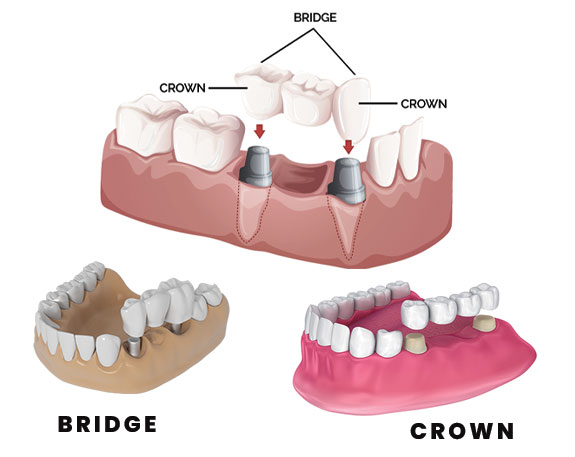Dental Tourism in Ahmedabad India
Fast and Effective Services
- Dental Implant Surgery
- Dental Zirconia Crown
- Root Canal Treatment
- Teeth Whitening
- Clear Aligner Treatment
- Laser Gum Surgery
Dental Tourism

Dental Tourism In Ahmedabad, Gujarat India
How Much Can I Save?
Do You Accept Credit Card?
World Class Treatment At Lower Costs
Do Indian Dentists Use The Same Materials And Techniques?
How Long Do I Need To Stay In Ahmedabad For?
Does India Have A Professional Regulatory Body?
All Areas Covered
Arranging Your Trip Is Easy
Tooth, Tourism And Trade – Destination India
Dental Surgery
| Particulars | Details |
|---|---|
| Number of days at hospital (Estimated) | 1 days |
| Number of days in India outside hospital (Estimated) | 7-14 weeks |
| Treatment’s Success Rate | 95% and above |
| Tests required to help assess the treatment | X-ray, regular blood tests, Physical Examination and CT Scans |

Surgery Costs in India
- Tooth Extraction: ₹2,475 - ₹8,250 per tooth
- Dental Implants: ₹41,250 - ₹82,500 per implant
- Root Canal Treatment: ₹8,250 - ₹24,750 per tooth
- Corrective Jaw Surgery: ₹123,750 - ₹330,000
What is oral surgery?
Why is oral surgery performed?
- Extensive tooth decay.
- Badly broken teeth.
- Gum disease.
- Impacted teeth.
- Missing teeth.
- Temporomandibular joint disorders (TMD).
- Bone loss in your jaw.
- Sleep apnea.
- Oral cancer.
- Benign oral pathology (noncancerous lumps or bumps).
Some Type of Oral Conditions
Cavities (Tooth Decay)
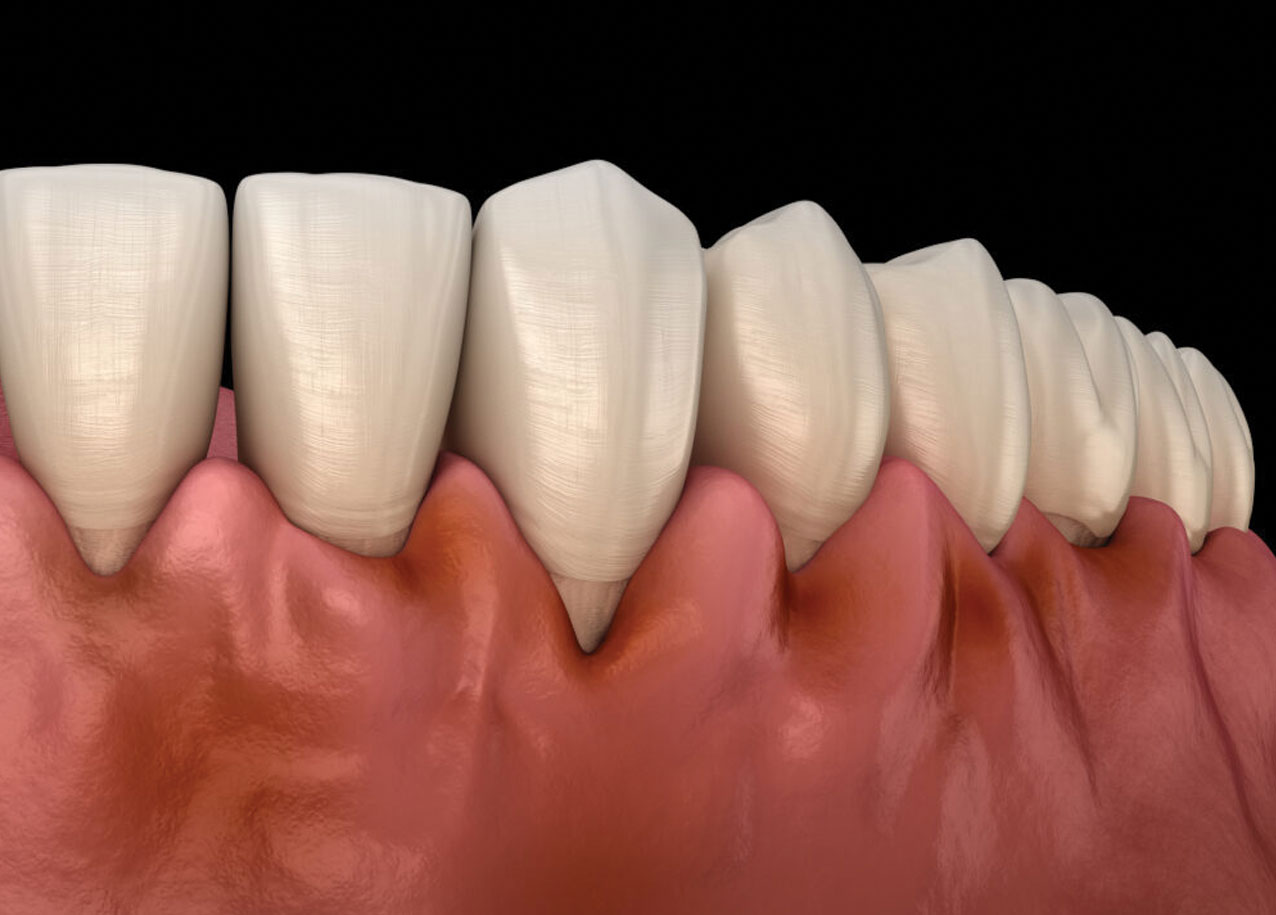
Gingivitis & Periodontal Disease
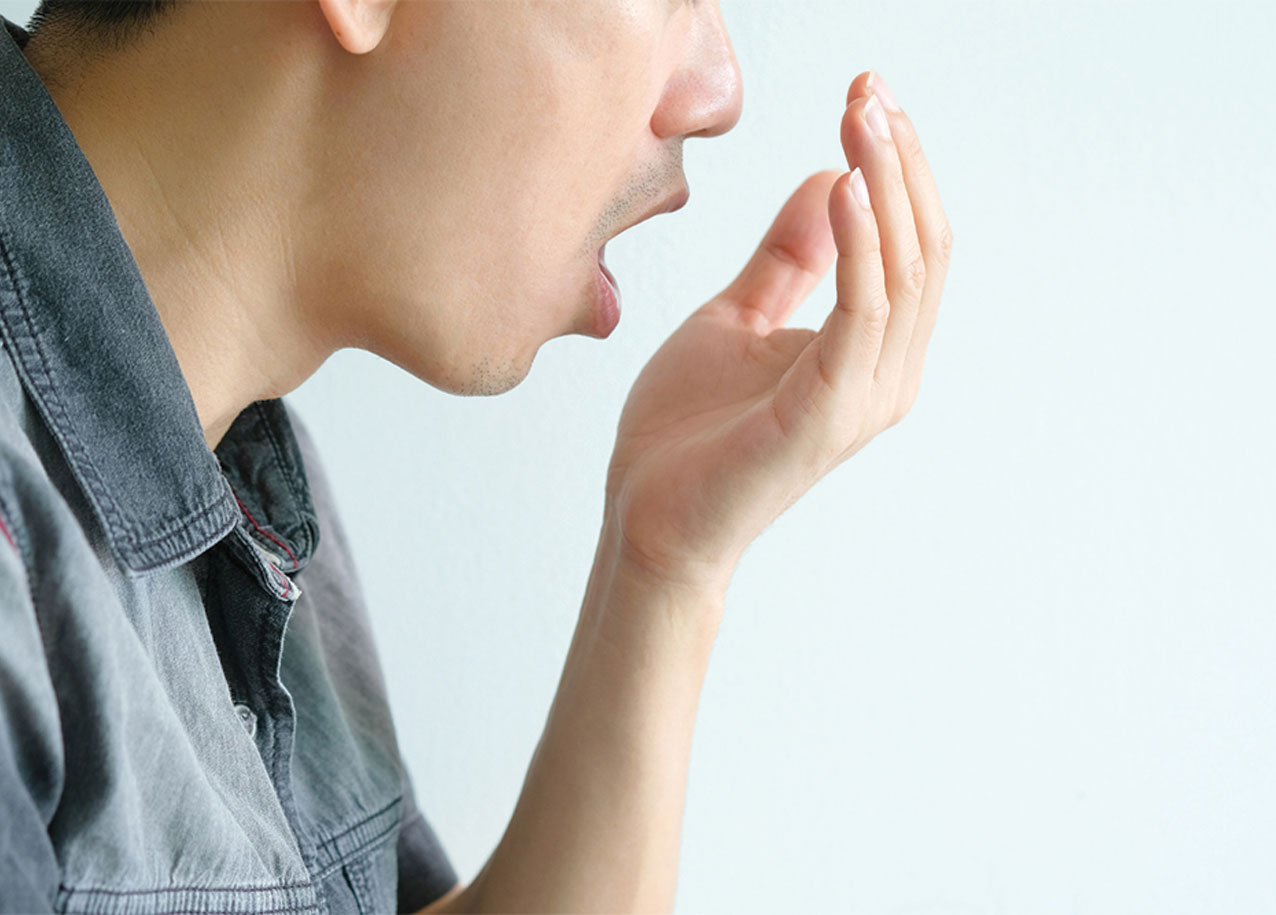
Bad Breath
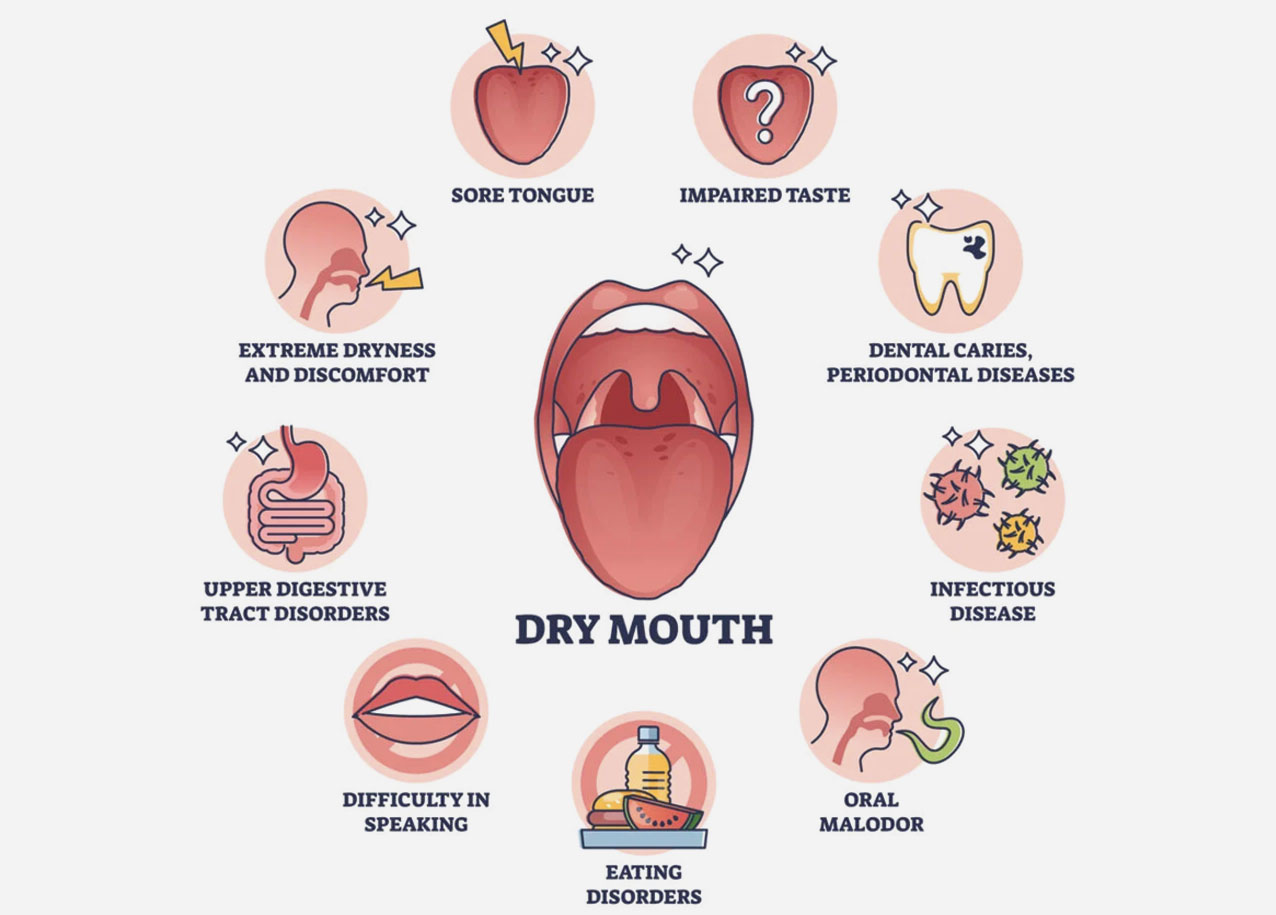
Dry Mouth
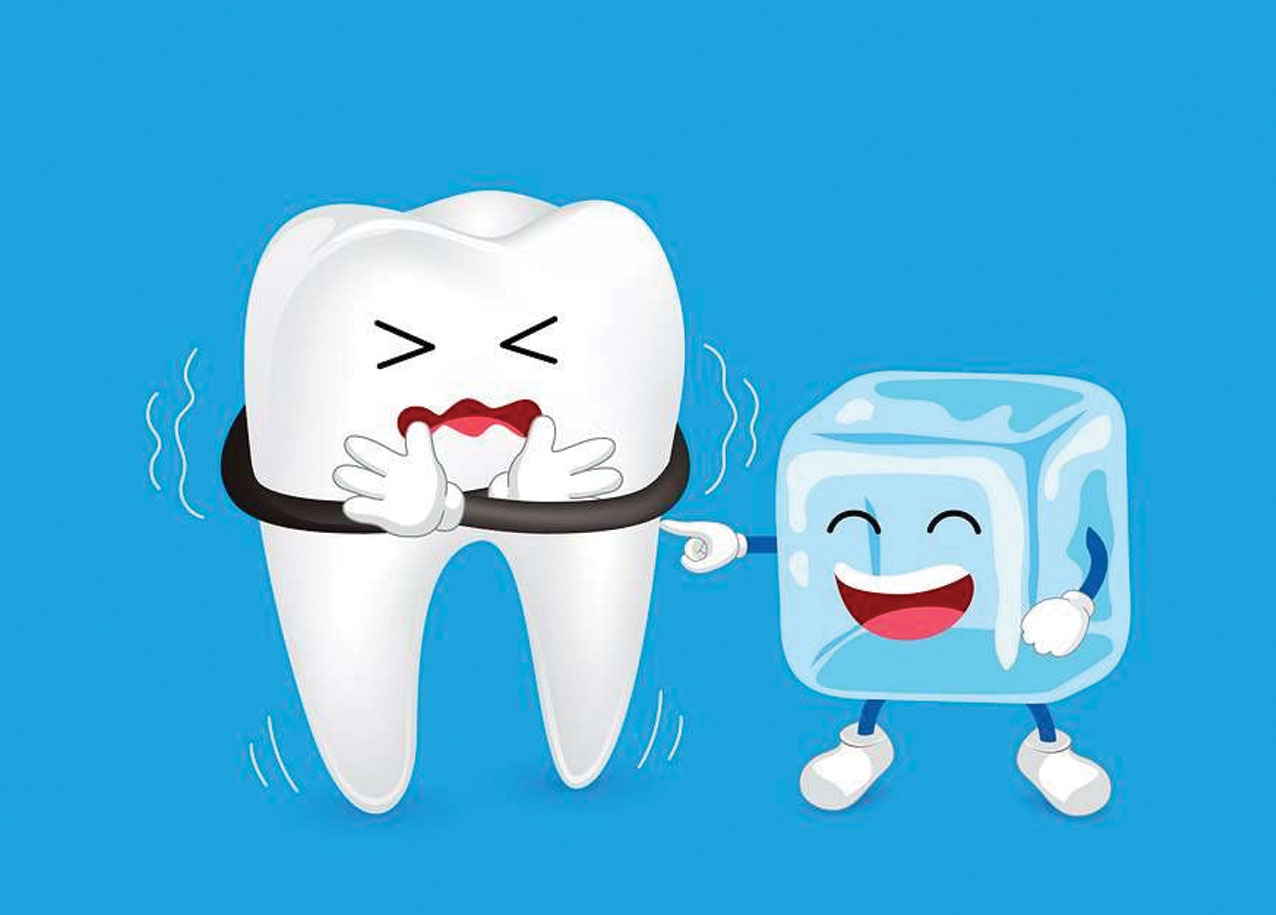
Tooth Sensitivity
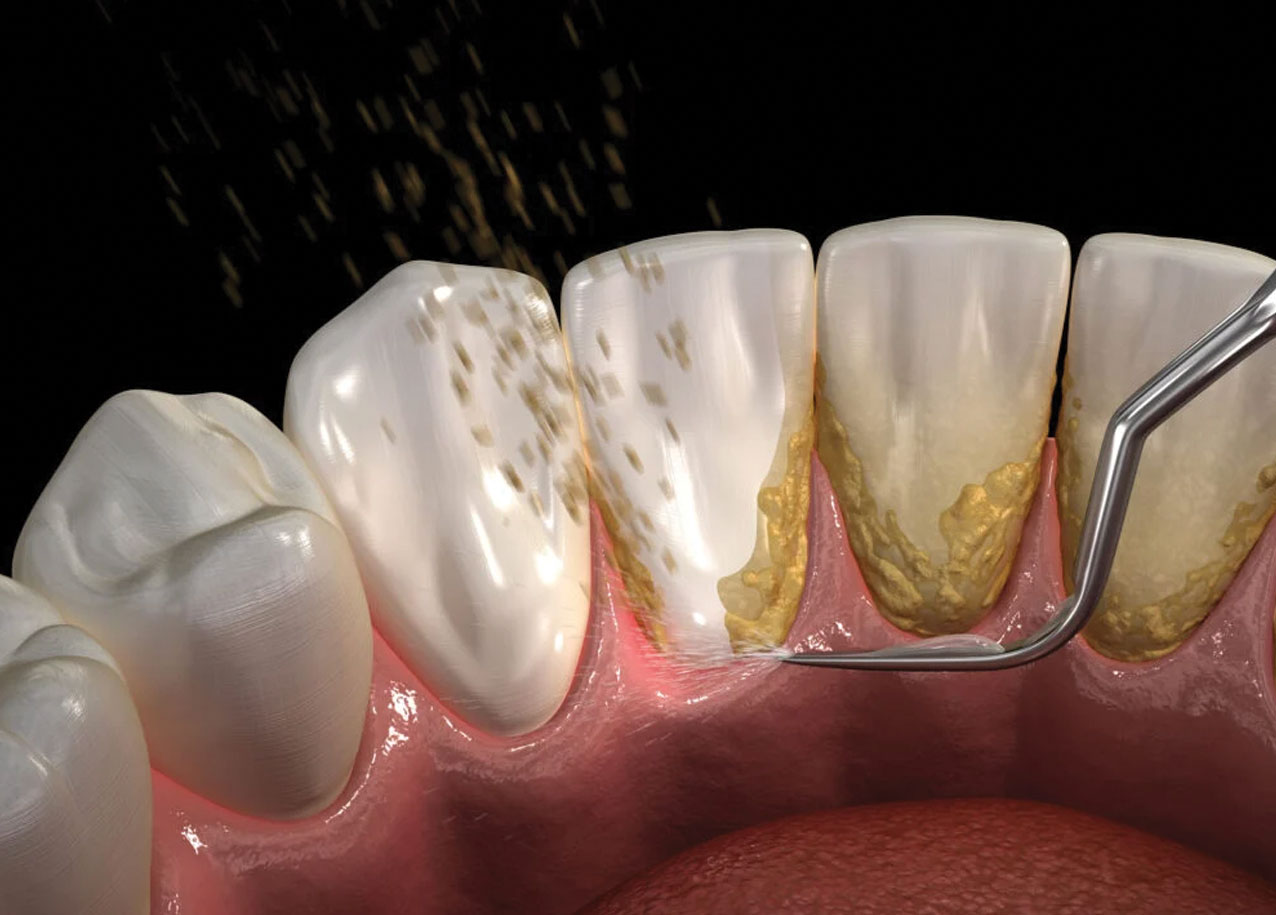
Dental Plaque & Calculus
About Root Canal Treatment
A root canal (also known as an endodontic treatment) is a serious procedure, but one that specialists handle every day. Before engaging in any type of dental work, it’s important to know the facts about root canals.
About Smile Design Treatment
Smile design can also involve computer-controlled technology, which can help dentists: Plan and create custom-made dental braces, Diagnose and plan implant surgeries, and Simulate operations and predict results.
About Crown and Bridge Treatment
Crowns
Bridges
What are the different types of oral surgery?
- Tooth extraction
- Dental bone graft
- Dental implants
- Periodontal surgery
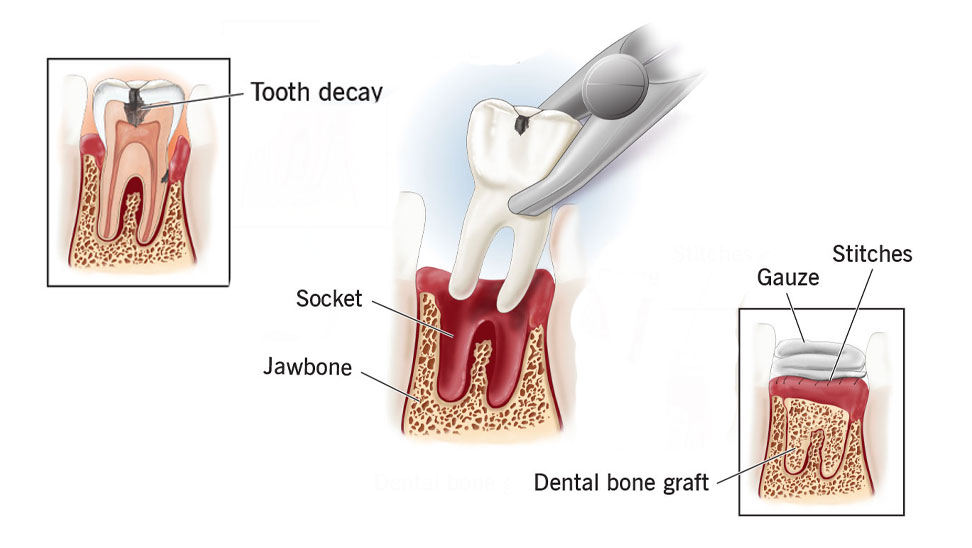
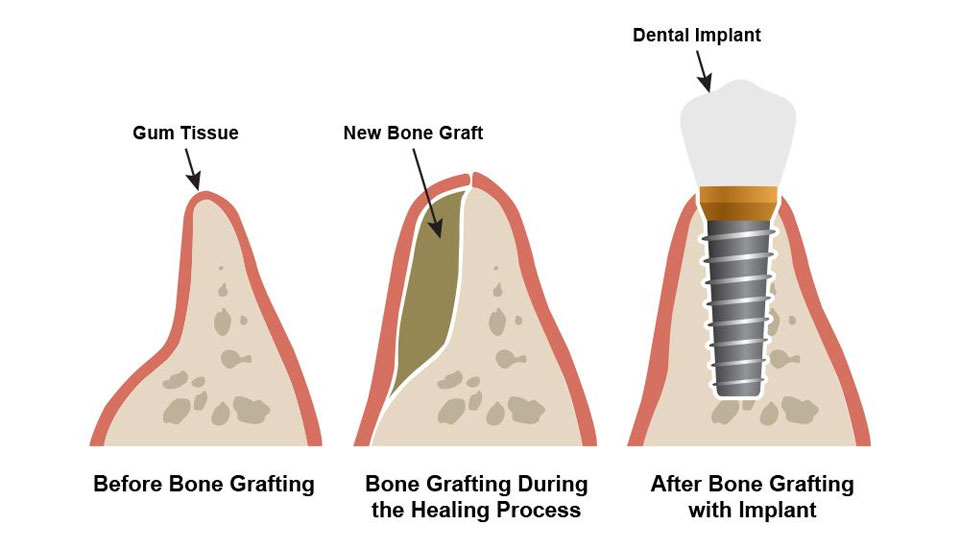
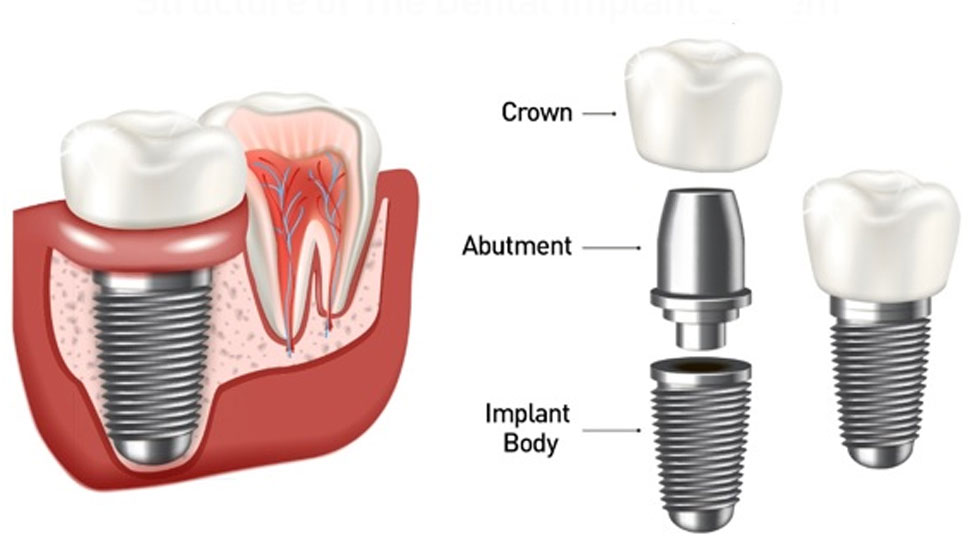
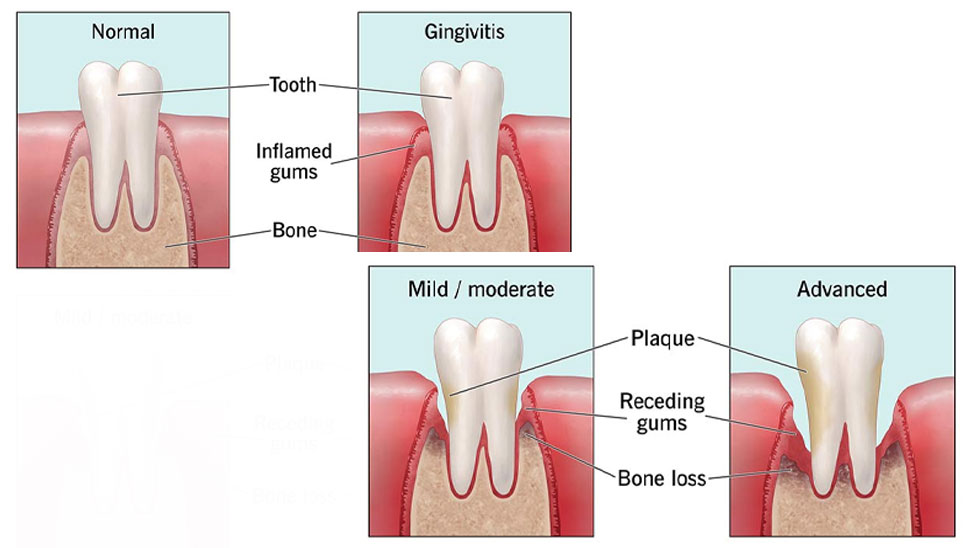
Tests Required For Dental Surgery
- MRI Test
- X-rays: To visualize the teeth, roots, and bone structure.
- CT Scans: For detailed images of the jawbone and surrounding structures.
- Dental Impressions: To create models of the teeth and gums.
- Blood Tests: To assess overall health and identify any underlying conditions.
- Physical Examination: Comprehensive oral examination by the dentist.
Frequently Asked Questions AboutDental Surgery
Dental surgery carries risks such as infection, bleeding, nerve damage, and adverse reactions to anesthesia. However, these risks are generally low with proper care and skilled practitioners.
Select a dentist with specialized training in the required procedure, a good track record, and positive patient reviews. Consultations and second opinions can also help in making an informed decision.


